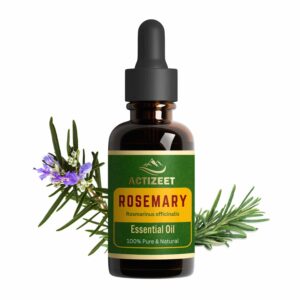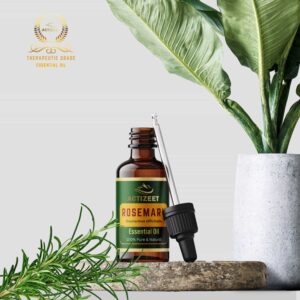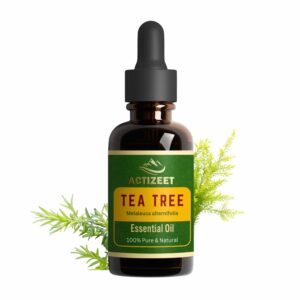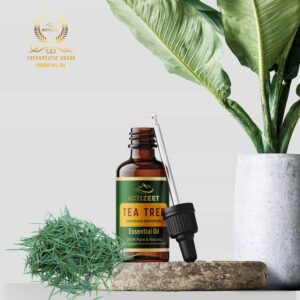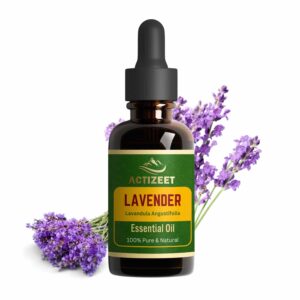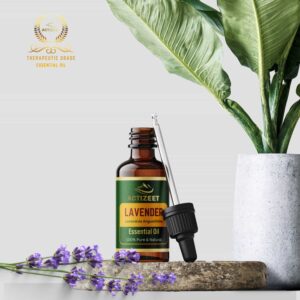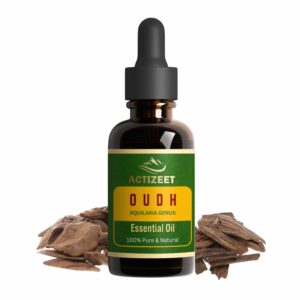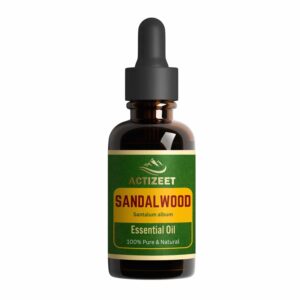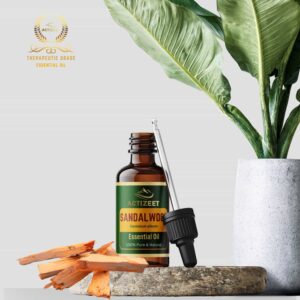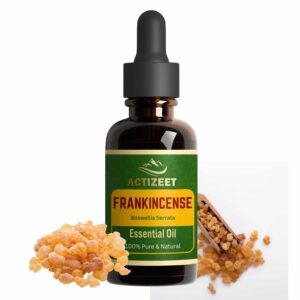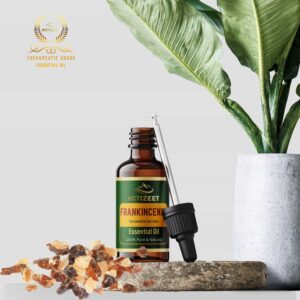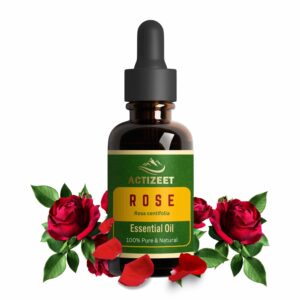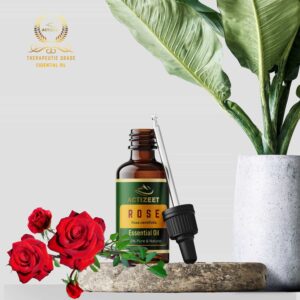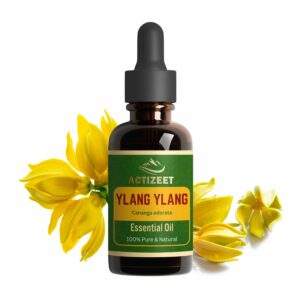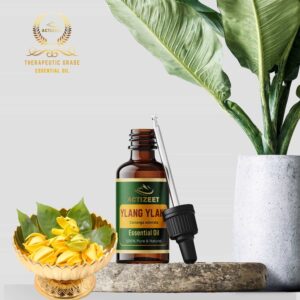When it comes to achieving healthy and radiant skin, there are numerous options available, but one that has gained increasing popularity in recent years is the use of essential oils. These concentrated plant extracts have been used for centuries in various cultures around the world, and their benefits extend beyond just providing a pleasant aroma. Essential oils possess a wide range of properties that can nourish, rejuvenate, and soothe the skin.
Table of Contents
ToggleDefinition of Essential Oils
Essential oils are highly concentrated liquids extracted from plants using methods such as steam distillation or cold pressing. These oils capture the essence or “essential” elements of the plant, including its aroma and therapeutic properties. It’s important to note that essential oils differ from carrier oils (such as coconut oil or almond oil), which are derived from nuts or seeds and serve as a base for diluting essential oils.
The chemical composition of essential oils is complex and typically consists of various compounds such as terpenes, alcohols, esters, phenols, and more. Each compound contributes to the unique characteristics and potential benefits associated with specific essential oils.
History of Essential Oil’s Use in Skincare
The use of essential oils in skincare dates back thousands of years. Ancient civilizations like the Egyptians, Greeks, Romans, and Persians recognized their rejuvenating properties for maintaining healthy skin. Cleopatra herself was reputedly fond of incorporating aromatic essential blends into her beauty regimen.
In traditional Chinese medicine and Ayurveda (an ancient Indian system), essential oils were utilized not only for their cosmetic advantages but also for their potential healing effects on both physical ailments and emotional well-being. Over time, knowledge about essential oil extraction techniques grew alongside advancements in science.
Today we can access a vast array of essential oils, making it easier to personalize our skincare routines based on individual needs and preferences. In the following sections, we will explore the specific benefits of essential oils for the skin, discuss their suitability for different skin types and conditions, and provide safety guidelines to ensure a positive and enjoyable experience when incorporating them into your skincare regimen.
The Nourishing and Moisturizing Power of Essential Oils
When it comes to nourishing and moisturizing the skin, essential oils are nature’s hidden gems. These concentrated plant extracts possess remarkable properties that allow them to penetrate deep into the layers of our skin, providing intense hydration and nourishment.
How is this possible, you may wonder? Well, it all boils down to their unique molecular structure.
Essential oils consist of small molecules that are lipophilic, or “fat-loving.” This means they have an affinity for fats and can easily pass through the top layer of our skin known as the epidermis. Once absorbed, these tiny oil droplets make their way deeper into the dermis, where they work their magic.
Lavender and rosehip oils are prime examples of nourishing essential oils renowned for their ability to deeply hydrate and rejuvenate the skin. Lavender oil is not only famous for its calming scent but also for its impressive skincare benefits.
It possesses moisturizing properties that help repair dry or damaged skin. Additionally, lavender oil aids in soothing irritation and reducing redness due to its anti-inflammatory nature.
As for rosehip oil, its high content of essential fatty acids promotes cellular regeneration while delivering intense hydration. This powerhouse combination makes it a popular choice in anti-ageing skincare routines as well.
Fighting Time with Anti-Aging Essential Oils
The battle against ageing is a timeless pursuit, and essential oils present an exquisite arsenal in this fight against time. One key attribute that makes them effective allies in preserving youthful skin lies in their abundance of antioxidants – compounds that neutralize harmful free radicals responsible for premature ageing.
These antioxidant heroes found abundantly within essential oils combat oxidative stress caused by environmental factors like pollution or ultraviolet radiation. Frankincense and geranium essential oils, renowned for their anti-ageing benefits, showcase the power of antioxidants in this domain.
Frankincense oil, derived from the resin of Boswellia trees, contains high levels of boswellic acid—a potent antioxidant known to protect against skin photoaging. Its therapeutic properties help reduce the appearance of fine lines and wrinkles while promoting a more firm and youthful complexion.
On the other hand, geranium oil boasts remarkable astringent qualities that tighten and tone the skin. Moreover, its powerful antioxidants help diminish signs of ageing while stimulating cell regeneration.
Unraveling the Soothing Secrets of Essential Oils
Inflammation and redness can disrupt our skin’s harmony, causing discomfort and affecting our confidence.
Fortunately, certain essential oils possess calming properties that can alleviate these issues with ease. Chamomile essential oil stands as a soothing superstar due to its anti-inflammatory effects.
It calms irritated skin and reduces redness caused by conditions like acne or rosacea. This gentle oil is also known to promote wound healing and relieve dryness or itching.
Neroli essential oil, derived from orange blossoms, offers a fragrant escape while bringing balance to your skin. Its calming properties help reduce inflammation while promoting cell regeneration.
Furthermore, neroli is renowned for its ability to stimulate collagen production—essential for maintaining skin elasticity and youthfulness. By incorporating these calming essential oils into your skincare routine, you can enjoy not only their physical benefits but also indulge in moments of serenity amid your daily self-care rituals.
Specific Essential Oils for Different Skin Types/Conditions
Oily Skin
If you have oily skin, you may often find yourself battling excessive shine and the dreaded appearance of breakouts. Fear not, as essential oils can come to your rescue!
Tea tree oil and clary sage are two fantastic options that work wonders in regulating sebum production. Tea tree oil possesses potent antibacterial properties that help combat acne-causing bacteria while reducing excess oiliness.
Clary sage, on the other hand, balances oil production without over-drying the skin. To incorporate these oils into your skincare routine, start by diluting a few drops (about 2-3) of tea tree or clary sage essential oil in a carrier oil like jojoba or grapeseed oil.
Apply this mixture to your face after cleansing and toning in the morning and evening. You can also add a drop of essential oil to your daily moisturizer or create a homemade facial mist with distilled water and a few drops of essential oils for refreshing mid-day spritzing.
Dry Skin
Dry skin calls for intense hydration, which is precisely where certain essential oils excel. Rose and sandalwood oils are renowned for their ability to deeply hydrate the skin, leaving it soft, supple, and beautifully nourished. Rose essential oil has excellent emollient properties that lock in moisture while soothing any irritation or redness caused by dryness.
Sandalwood oil helps retain moisture levels by preventing water loss from the skin’s surface. To enjoy the benefits of these hydrating oils on dry skin, mix 2-3 drops of rose or sandalwood essential oil with a carrier oil like jojoba or avocado oil.
Gently massage this blend onto a clean face and neck using upward circular motions before applying moisturizer both morning and night. You can also add a few drops of oil to your bathwater for an indulgent and moisturizing experience or create a rejuvenating face mask by combining the essential oils with natural ingredients like honey or yoghurt.
Remember, every individual’s skin is unique, so it’s crucial to test these oils on a small patch of skin before fully incorporating them into your skincare routine. It’s also essential to consult with a dermatologist if you have any underlying skin conditions or concerns.
Safety Considerations When Using Essential Oils on Skin
Dilution guidelines to prevent irritation or sensitization
When it comes to using essential oils on our precious skin, dilution is the name of the game. These potent plant extracts are highly concentrated and should never be applied directly to the skin in their undiluted form. To avoid any potential irritation or sensitization, it is crucial to dilute essential oils with a carrier oil before use.
Carrier oils such as jojoba, almond, or coconut oil act as a medium to safely deliver the essential oils onto the skin. A general rule of thumb is to use a 2% dilution, which means adding approximately 12 drops of essential oil per ounce (30 ml) of carrier oil.
Patch testing before using new essential oil
Before embarking on a grand skincare adventure with a new essential oil, it’s always wise to perform a patch test first. This simple test can help determine whether you might have an allergic reaction or sensitivity to a specific oil. To conduct a patch test, mix one drop of your chosen essential oil with one teaspoon of carrier oil and apply this blend to a small area of your inner forearm.
Cover it with a bandage and leave it untouched for 24 hours. If you experience any redness, itching, swelling or discomfort during this period, it’s best to avoid using that particular essential oil on your skin altogether.
Cautions for pregnant women or individuals with sensitive skin
While many essential oils offer incredible benefits for our skin health and well-being, caution must be exercised by certain individuals. Pregnant women should take extra care when utilizing essential oils due to their potential effects on hormonal balance and the development of the fetus.
It is recommended for expectant mothers to consult with their healthcare provider before incorporating any new products into their skincare routine. Additionally, individuals with sensitive skin should be mindful of the essential oils they use.
Some oils, even when properly diluted, may still cause irritation or allergic reactions in those with sensitive skin. It’s always wise to perform a patch test and start with low concentrations before incorporating any new oil into your skincare regimen.
Tips for Incorporating Essential Oils into Skincare Routine
Blending Techniques to Create Customized Skincare Products
When it comes to essential oils, the possibilities are endless. You can unleash your inner alchemist and create customized skincare products that cater to your unique needs.
Blending essential oils allows you to combine different aromas and therapeutic properties, resulting in a tailored skincare experience. To start blending, you’ll need a carrier oil like jojoba or almond oil, which will dilute the essential oils and provide a base for your creations.
Remember, essential oils are highly concentrated, so always follow recommended dilution ratios (typically 1-3%) to ensure safety. To create your signature blend, consider the needs of your skin.
For example, if you have dry skin that could use some extra hydration, try blending a few drops of lavender essential oil with rosehip seed oil. The calming properties of lavender will soothe irritated skin while rosehip seed oil will provide deep nourishment.
Experiment with different combinations until you find what works best for you. Don’t be afraid to get creative and trust your nose – it knows what scents make you feel good!
Guidelines on Proper Storage and Shelf Life
Proper storage is crucial for maintaining the effectiveness of essential oils over time. These precious plant essences are sensitive to light, heat, and air exposure which can degrade their quality. To ensure longevity and potency:
- Store essential oils in dark glass bottles away from direct sunlight. – Keep them in a cool place to prevent oxidation.
- Seal bottles tightly after each use. – Avoid storing them near heat sources like stoves or radiators.
Additionally, it’s important to note that essential oils have varying shelf lives due to their chemical composition; some may last longer than others. Citrus-based oils tend to have a shorter shelf life, around 6-12 months, while most other essential oils can last 1-3 years.
However, always check the specific shelf life of each oil you own. When in doubt, use your senses – if an oil smells off or looks cloudy, it’s time to bid it farewell and replace it with a fresh bottle.
Conclusion
As we explored the world of essential oils for skincare, we’ve uncovered their incredible benefits and learned how to incorporate them into our daily routines. From nourishing and moisturizing properties to anti-ageing effects and calming properties, these potent plant essences offer a natural way to enhance our skincare rituals.
By blending essential oils with carrier oils and following proper storage guidelines, we can create personalized products that cater to our unique skin needs. So why not embark on this aromatic journey?
Embrace the power of nature’s botanical wonders and let your skin revel in their nurturing embrace. With essential oils as your allies, you can elevate your skincare routine while indulging in delightful scents that evoke joy and relaxation.
Remember, self-care is about more than just taking care of your skin – it’s about embracing moments of bliss amidst the chaos of everyday life. So go ahead: pamper yourself with love and nature’s precious gifts!
RECOMANDED PRODUCTS
-
Rated 4.72 out of 5
₹1,500.00Original price was: ₹1,500.00.₹1,200.00Current price is: ₹1,200.00. Incl. GST ADD TO CARTBuy Now -
Rated 4.88 out of 5
₹1,500.00Original price was: ₹1,500.00.₹1,200.00Current price is: ₹1,200.00. Incl. GST ADD TO CARTBuy Now -
Rated 4.74 out of 5
₹1,500.00Original price was: ₹1,500.00.₹1,200.00Current price is: ₹1,200.00. Incl. GST ADD TO CARTBuy Now -
Rated 4.63 out of 5
₹1,900.00Original price was: ₹1,900.00.₹1,450.00Current price is: ₹1,450.00. Incl. GST ADD TO CARTBuy Now -
Rated 4.72 out of 5
₹2,500.00Original price was: ₹2,500.00.₹1,950.00Current price is: ₹1,950.00. Incl. GST ADD TO CARTBuy Now -
Rated 4.88 out of 5
₹1,500.00Original price was: ₹1,500.00.₹1,200.00Current price is: ₹1,200.00. Incl. GST ADD TO CARTBuy Now -
Rated 4.88 out of 5
₹1,500.00Original price was: ₹1,500.00.₹1,200.00Current price is: ₹1,200.00. Incl. GST ADD TO CARTBuy Now -
Rated 4.80 out of 5
₹1,500.00Original price was: ₹1,500.00.₹1,200.00Current price is: ₹1,200.00. Incl. GST ADD TO CARTBuy Now
Related posts:
- Hibiscus Essential Oil: Unlocking the Beauty and Wellness Benefits
- From Health to Home: Unlocking the Benefits of Grapefruit Essential Oil
- Champaka Essential Oil: A Comprehensive Guide to its Skin, Hair, and Spiritual Benefits
- The Miraculous Benefits of Camphor Essential Oil: A Comprehensive Guide to Relieving Pain, Boosting Mental Health and Enhancing Skin Care
- The Juniper Berry Magic: Unlocking the Health, Beauty, and Household Benefits of Essential Oil
- Unlocking the Benefits of Bay Leaf Essential Oil
- How To Use Saffron For Skin Whitening: A Guide To Unlocking Its Benefits
- Unlocking the Power of Aniseed Essential Oil: Health, Beauty, and Culinary Benefits


